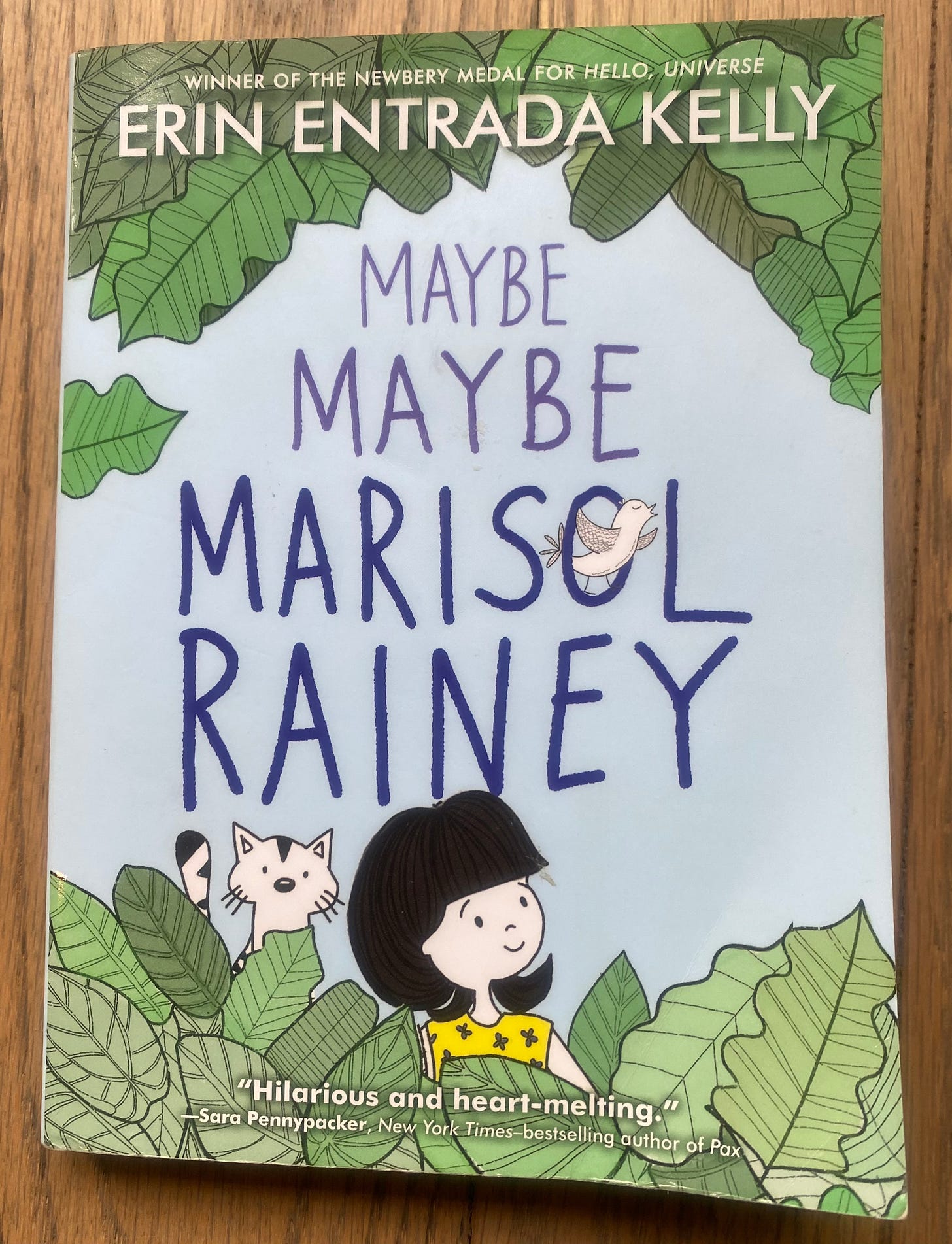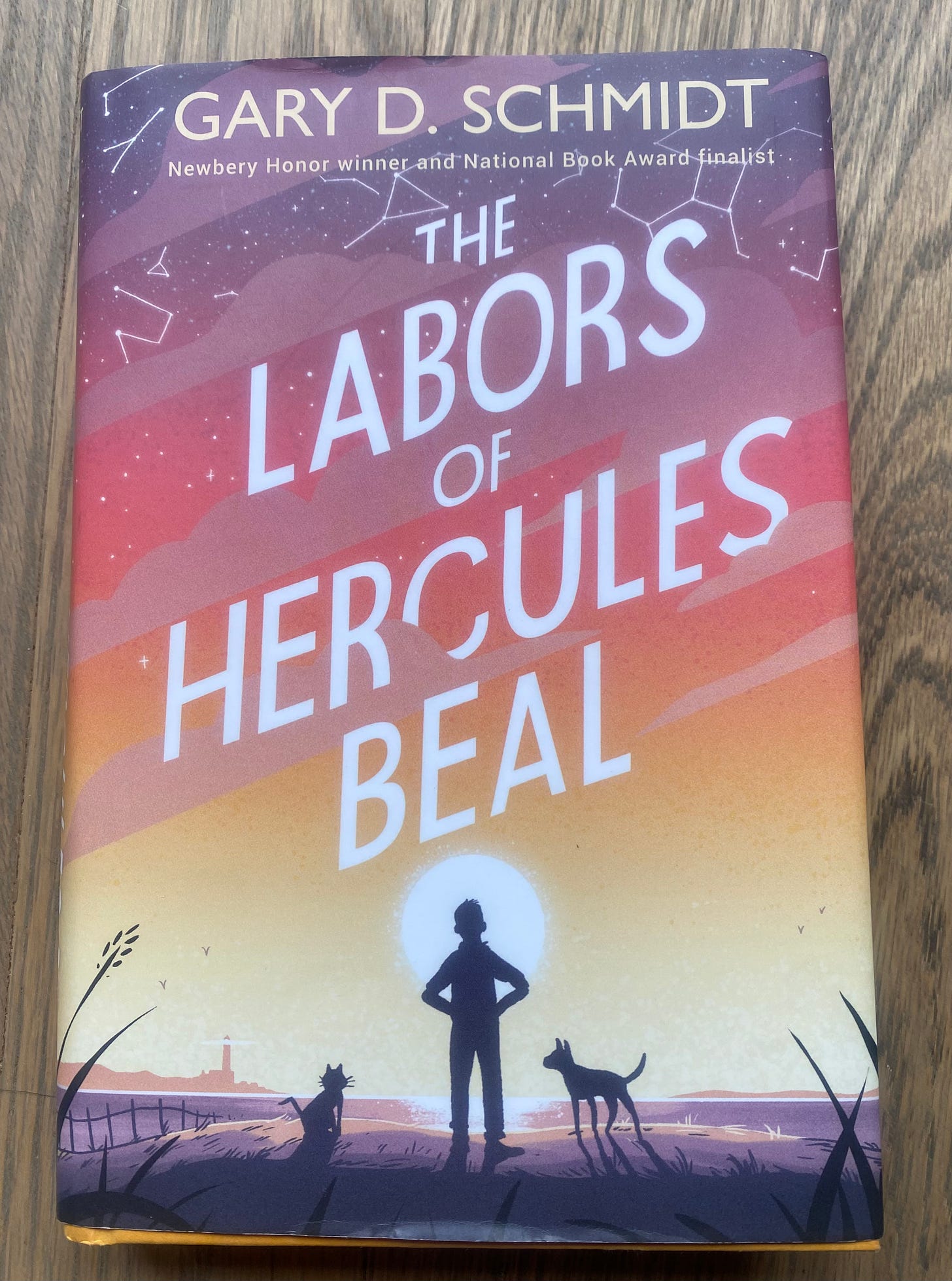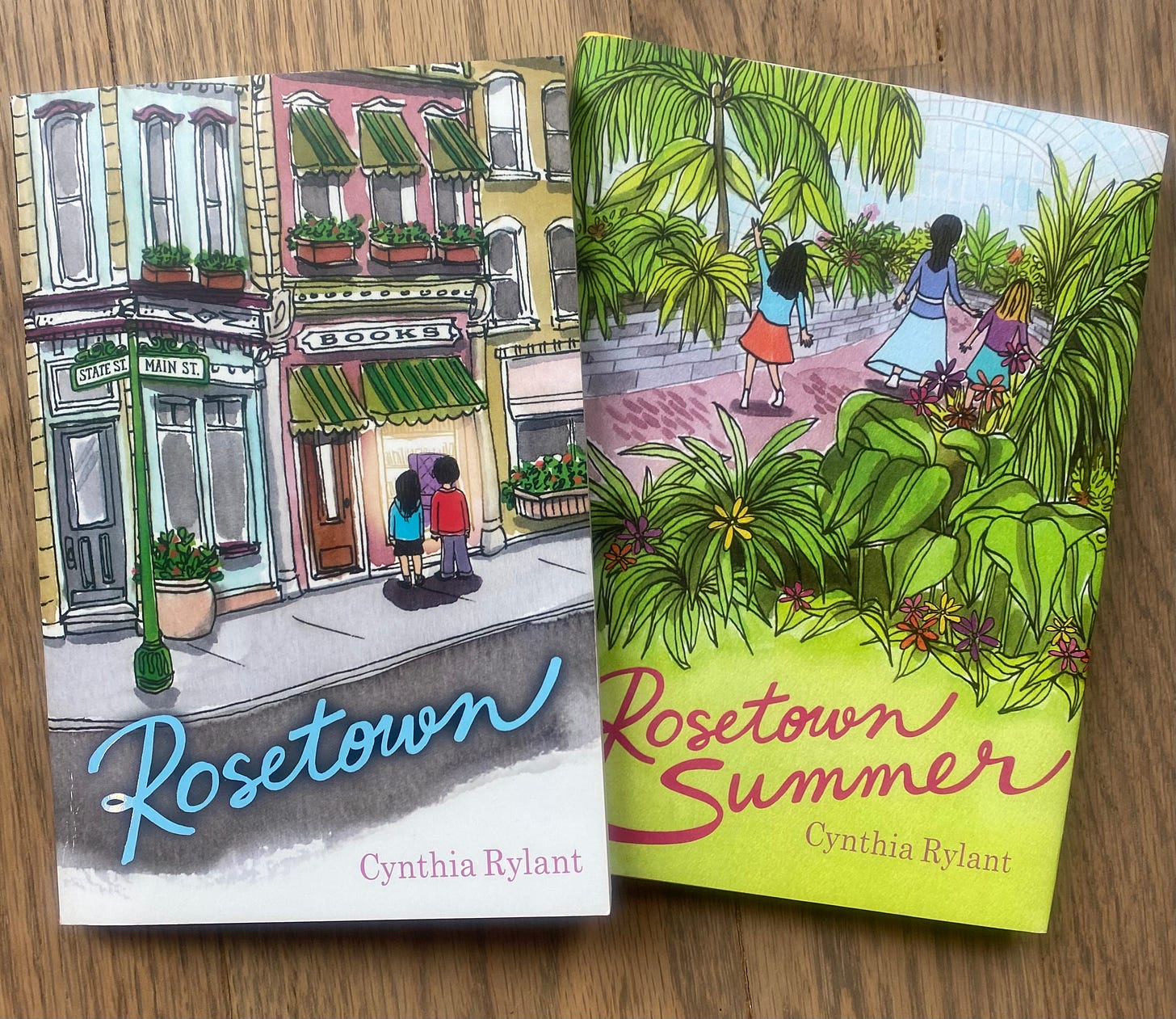Hello, all!
On Tuesday, I headed up to the mountains—alone—to take a pause.
I LITERALLY never do this.
Leaving in the middle of a busy week to take care of myself felt so foreign. I struggle with this deep (and troublesome) belief that being a “strong” mother means always being there, always taking on the driving and the homework and the bedtimes—and that doing anything significant for myself is not only unnecessary and selfish, but weak. I don’t feel like this about other people, just about myself.
Lately, I’ve been reflecting quite a bit on strength, courage, and bravery–and the unique ways these qualities show up in our lives. I realized letting go of the reins a bit was pretty brave of me, little control freak that I am. (And I also recognize the privilege that comes with even being able to do this in the first place.)
To someone else, taking time for themselves might not feel like strength or bravery..it’s simply something that they do, something that comes more naturally to them than to me.
(And guess what? My family is FINE. We have no groceries, I’m not sure my daughter showered while I was gone, and my house is a cluttered disaster but truly—my husband is capable and everyone is just fine.)
I want my kids to be able to notice strength in themselves and in others—both the “superhero” kind and the subtle, quiet kind that comes with taking care of themselves. Sharing books featuring characters who demonstrate strength is a way “in;” a way to start meaningful conversations about all different types of courage.
Maybe Maybe Marisol Rainey (series), by Erin Entrada Kelly (2021, 2022, 2023)
Marisol wonders what it’s like to make fists that say don’t even try me.
She wonders what it’s like to dart up to the front of the class like Evie Smythe and give a report without the paper shaking in your hand.
She wonders what it’s like to run into a friendly swarm of strangers, throw your arms open wide, and say, ‘Here I am!’
She wonders what it’s like to be brave.
8-year-old Marisol Rainey has the most magnificent magnolia tree in her new backyard. Her older brother loves to scurry up its branches, and her best friend Jada declares “This is the best tree ever!” when she comes over to play.
Everyone thinks that the tree is perfect for climbing…everyone except Marisol. Her fear of heights, along with her many other worries, makes Marisol feel very different. She’s sure she’s the only girl in the whole world afraid of climbing trees.
Marisol appears quiet and timid, but like many introverts–she has a rich inner life. Multiple times throughout the story, Marisol uses her incredible imagination to visualize herself climbing the tree. She even imagines she’s a bird and can soar to the top of the tree’s branches.
She tells herself that because she wants to climb the tree, she should. But she is so anxious about falling that she can’t even approach the lowest branch. Feeling like she can’t do something she wants to do makes Marisol feel so discouraged.
Marisol tells Jada that she just doesn’t climb trees, and Jada (an amazing model of a loyal friend) wholeheartedly accepts this. But when Marisol finally admits that she is too afraid to climb the tree—Jada’s supportive response helps Marisol find the strength to face her fears.
This wonderful chapter book series from two-time Newbery award-winning author Erin Entrada Kelly is about the strength of friendship, the power of self-acceptance, and the triumph of overcoming your fears–in your own time and in your own way.
Short chapters and illustrations (by the author!) on almost every page will keep newly independent readers turning the pages, but my daughter and I loved this series as our nightly read aloud.
(If your reader likes the first book, check out Surely Surely Marisol Rainey and Only Only Marisol Rainey)
Recommended for ages 6-9
The Labors of Hercules Beal, by Gary D. Schmidt (2023)
“You will remember that earlier this week I referenced the Twelve Labors of the famed Hercules?
I nodded.
“You will consider each of those twelve Labors as they might be performed today. In your one-hundred-and-fifty-word reflections, you will then report on your performance of those Labors, or your recognition of the relevance of these Labors during some event you have experienced, chronicling your growing awareness of the meaning of the stories and how they connect to your own life”…
“Wait a minute. All twelve?”
“All twelve.”
“Isn’t one of those labors going down to hell?”
“There and back,” said Lieutenant Colonel Hupfer. “As I indicated to Ms. de la Peña, it’s a tough world, Beal.”
A moment passed, almost as if Lieutenant Colonel Hupfer had to think about something, and then he did the strangest thing he’d done since the moment I’d walked into the Cape Code Academy for Environmental Sciences and Room 117.
He leaned down over me and whispered, so quietly that no one else could hear,
“But I think you already know that.”
Hercules Beal might be named for the mythical Hercules, but he’s not a hero. He’s the smallest kid in the 7th grade–so small he’s mistaken for an elementary student–and besides, he’s just doing his best to get through life after his parents’ death in a car crash over a year earlier.
When his older brother Achilles enrolls Hercules in a new middle school, his teacher–an ex-Marine– gives him a year-long assignment to explore and reflect on the “Labors of Hercules” and recognize and reflect on how the Labors connect to his own life.
Hercules is irritated. His project is much more involved than everyone else’s, and he doesn’t see what some mythical hero has to teach him anyway.
At first, Hercules tries to skate through his required reflections, but Lieutenant Colonel Hupfer refuses to allow him to just get by. When Hercules actually begins to do the work–the work required for the class AND the work required to navigate his grief–he makes profound discoveries about himself and the people who love him.
An excerpt from one of Hercules’ reflections:
I think that the hardest part of the Labors of Hercules was that he usually had to do them alone. When Atlas went to get the Golden Apples, Hercules was left alone holding up the sky–and if Atlas had had his way, Hercules would have stayed there alone forever.
I like being alone on the Dune in the mornings, even thought I’m not really alone, since Mindy and Pirate Cat are with me and Achilles too a lot of the time. But I think I discovered something when I was working on the crab apple trees for the National Seashore. It’s a whole lot better to be not alone.
I know this doesn’t sound like some sort of earth-shattering new idea that ‘s going to change the universe. But I wonder if what Hercules was most afraid of when he was holding up the sky wasn’t that he was going to have to hold it up forever. It was that he was going to have to hold it up forever while he was by himeslef. That’s a kind of scary thing to think about.
Maybe, the stuff we hold up, we don’t have to hold up by ourselves all the time. Maybe sometimes we can let someone else hold it up too. Maybe that’s how we can get by. Maybe that’s how we can do a whole lot better than just get by.
Hercules looks at his own “Labors” and realizes some important things: that he’s okay, that even when there’s a lot of bad stuff ahead he can persevere, that he can make mistakes but keep trying, and that it’s a whole lot better not to be alone.
Ultimately, Hercules realizes that, just like his mythical namesake, he’s no longer a secret to himself, and that’s what all the Labors really were for.
Hercules’ reflections on his own life and grief journey are deeply touching and gut-wrenching at times— kids who have been through their own grief could find a kindred spirit in Hercules, and some kids might be overwhelmed by some of the more emotional scenes in this book. However, the author (Newbery award winner Gary Schmidt) masterfully inserts humor at just the right points throughout the book to take some of the heaviness out of Hercules’s quest.
I actually thought about keeping this one from my deeply sensitive 11-year-old for awhile (but he found it on our home library shelves and read it anyway) and when I asked if it was too sad, he said:
“Some parts are really really sad, but I knew Hercules would be ok in the end, and parts are really funny too.”
If you’re not sure, read it yourself before handing it to your middle schooler–or better yet, read it together.
This book is a magnificent example of middle grade literature at its best—multi-layered, poignant, and heartbreakingly authentic, with themes of courage and healing that stay with the reader for a long time.
Recommended for ages 10+
Rosetown, by Cynthia Rylant (2018)
What Flora noticed at once on the first day of fourth grade had been the sudden confidence all of the former third graders seemed to have found, and she wondered where they had found it. Nearly all of her classmates appeared to be taller, louder, stronger, and possessed of a sureness of opinion that had been entirely absent the year before. The stumblers, the wanderers, and the floaters of third grade had suddenly, mysteriously, found their feet. They weren’t afraid of school anymore. Or maybe of anything.
It’s 1972, and Flora lives in the small town of Rosetown, Indiana. As the book begins, Flora feels a quiet sort of sadness and uncertainty. Her beloved dog has just passed away after 17 long years, and her parents are testing out a trial separation. Flora doesn’t like change, and prefers old things to new ones: she loves spending time at the town’s used bookstore, reading the vintage books in a cozy velvet armchair.
Flora is nervous to begin fourth grade, where the academics are suddenly harder and the students suddenly more confident.
This is a quiet book that chronicles a year in the life of 9-year-old Flora. This isn’t a book for every child–not much happens in the way of an exciting plot, and I know it hasn’t flown off the shelves at our library.
So why include it here?
Because Flora is an example of a different kind of strength, a quieter kind that often goes unnoticed.
She pushes herself to try new things (like piano lessons and choir) but also knows when an activity (like a competitive Scrabble club) isn’t right for her. So even though the other fourth graders seem stronger and more outwardly confident, Flora is her own kind of brave.
Although Flora is uncomfortable with and uncertain about change, she possesses a self-assuredness that reaches beyond her years. Flora really knows herself, and that is a strength I think sensitive young readers will identify with and celebrate.
This gentle, old-fashioned book (along with the sequel, Rosetown Summer and the upcoming Rosetown Always) is a comforting read for the right child.
Recommended for ages 8-10
Two more books on bravery that if reviewed would have made this post way too long😂:
Brave Like That, by Lindsey Stoddard
Some Kind of Courage, by Dan Gemeinhart
That’s all for today! Congratulations on making it to the end!
✨Wishing you hours and hours of reading magic✨,
Katie








Oh, so many of my favorites here. Hercules Beal. Is it too soon to re-read? And I definitely want to re-read the Rosetown books with B. She never got into Marisol Rainey, but perhaps I'll try again.
Wonderful recs!
I love all these authors but haven't discovered these books yet, so thank you! Looking forward to reading them, we can all use more books about bravery!